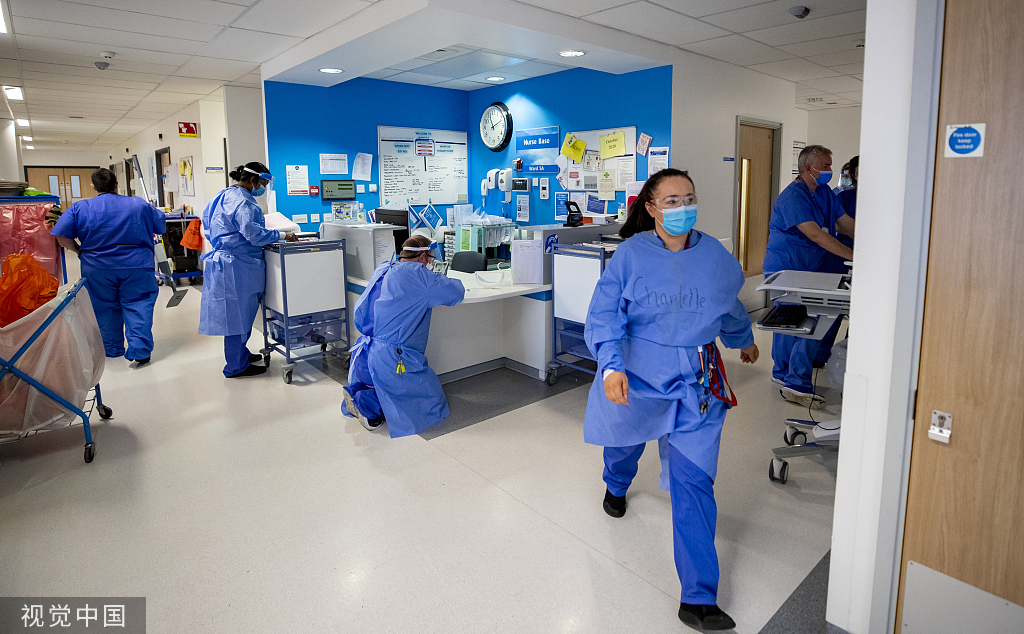Some long COVID cases are 'nearly three years old'


Some people who developed long COVID in the early days of the pandemic reportedly still have symptoms.
Nic Mitchell, a singer, told Britain's Daily Mirror newspaper she has had symptoms since Christmas Day 2019.
"When I asked if I would ever be able to sing again, I was told that, as it had been over two years, it was unlikely," the United Kingdom resident said. "I was told there was no cure, no treatment, and I would just have to put up with it."
The paper said it spoke to two other UK residents who have had long COVID since December 2019, with physical exhaustion the most common shared symptom.
Around 2 million UK residents are thought to have developed long COVID. Researchers believe it affects around 13 percent of those who catch regular COVID-19, and 2.5 percent still feel ill three months later.
The longevity of long COVID was highlighted this week in an Irish study that found 90 percent of people diagnosed with it still had symptoms many months later, with fatigue, chest pain, stomach upsets, memory problems, and muscle pain the most common symptoms.
The study of 988 people diagnosed with long COVID conducted by University College Cork, Cork University Hospital, and Long COVID Advocacy Ireland, found the average length of a long COVID infection was 12 months. It also found people with long COVID had other symptoms — including tinnitus, mouth ulcers, and allergies — that are not usually associated with the disease.
Liam O'Mahony, a professor of immunology at University College Cork, told The Sun newspaper: "The majority of people surveyed had a mild-moderate severity of initial COVID-19 disease and the majority did not require hospital treatment at that time."
He said it remains a mystery why some people develop long COVID.
Corinna Sadlier, a consultant in infectious diseases at Cork University Hospital, added: "The study demonstrates the significant and wide-ranging impacts long COVID is having not only on physical health, but also on ability to carry out usual daily activities, return to employment, and overall quality of life."
Matthew Durstenfeld, a cardiologist and clinical researcher at the University of California in the United States, told the Associated Press news agency chronic long COVID patients often exercise as if they are a decade older than their age.
"This could look like going from the ability to do light jogging, to only being able to do a brisk walk," he said.
The Jerusalem Post newspaper said there is hope for those who develop long COVID, however, after a collaboration between Tel Aviv University and the Arthritis and Rheumatic Disease Specialties Long-Haul Clinic in the US developed a nutraceutical food supplement that minimizes symptoms. The Washington Post reported this week that a US study has shown the oral antiviral Paxlovid minimizes the risk of developing long COVID in the first place.

































